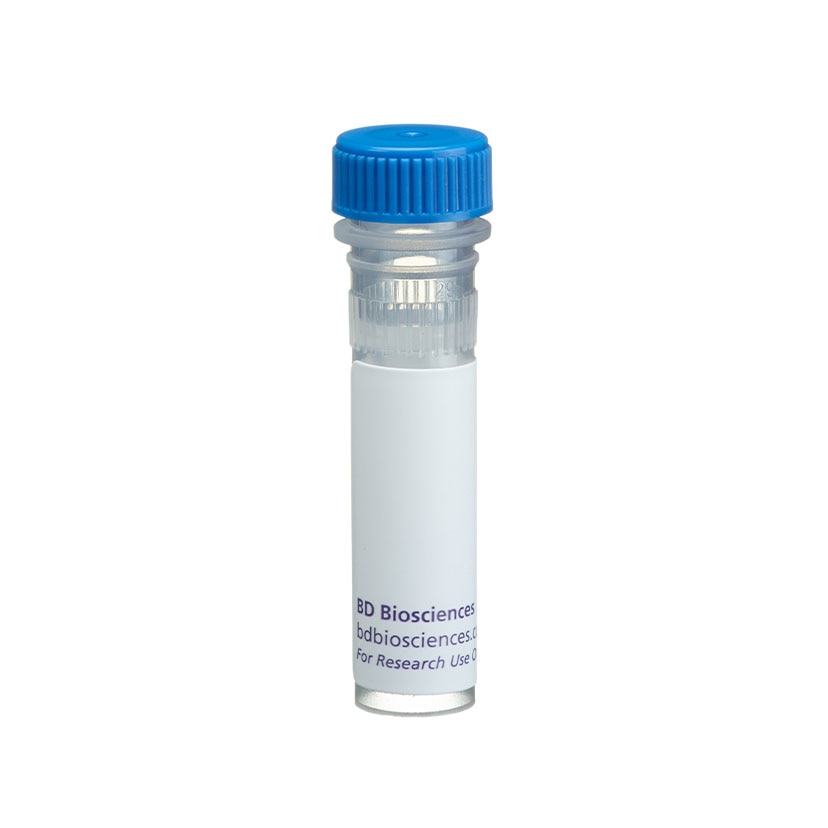-
Reagents
- Flow Cytometry Reagents
-
Western Blotting and Molecular Reagents
- Immunoassay Reagents
-
Single-Cell Multiomics Reagents
- BD® OMICS-Guard Sample Preservation Buffer
- BD® AbSeq Assay
- BD® Single-Cell Multiplexing Kit
- BD Rhapsody™ ATAC-Seq Assays
- BD Rhapsody™ Whole Transcriptome Analysis (WTA) Amplification Kit
- BD Rhapsody™ TCR/BCR Next Multiomic Assays
- BD Rhapsody™ Targeted mRNA Kits
- BD Rhapsody™ Accessory Kits
- BD® OMICS-One Protein Panels
-
Functional Assays
-
Microscopy and Imaging Reagents
-
Cell Preparation and Separation Reagents
-
- BD® OMICS-Guard Sample Preservation Buffer
- BD® AbSeq Assay
- BD® Single-Cell Multiplexing Kit
- BD Rhapsody™ ATAC-Seq Assays
- BD Rhapsody™ Whole Transcriptome Analysis (WTA) Amplification Kit
- BD Rhapsody™ TCR/BCR Next Multiomic Assays
- BD Rhapsody™ Targeted mRNA Kits
- BD Rhapsody™ Accessory Kits
- BD® OMICS-One Protein Panels
- Germany (English)
-
Change country/language
Old Browser
This page has been recently translated and is available in French now.
Looks like you're visiting us from United States.
Would you like to stay on the current country site or be switched to your country?
BD Transduction Laboratories™ Purified Mouse Anti-PI3-Kinase p110α
Clone 19/PI3-Kinase p110α (RUO)




Western blot analysis of PI3-Kinase p110α on Jurkat lysate. Lane 1: 1:250, lane 2: 1:500, lane 3: 1:1000 dilution of anti-PI3-Kinase p110α.

Immunofluorescent staining of NIH-3T3 cells.


ImageTitle~BD Transduction Laboratories™ Purified Mouse Anti-PI3-Kinase p110α

ImageTitle~BD Transduction Laboratories™ Purified Mouse Anti-PI3-Kinase p110α

Regulatory Status Legend
Any use of products other than the permitted use without the express written authorization of Becton, Dickinson and Company is strictly prohibited.
Preparation And Storage
Product Notices
- Since applications vary, each investigator should titrate the reagent to obtain optimal results.
- Please refer to www.bdbiosciences.com/us/s/resources for technical protocols.
- Source of all serum proteins is from USDA inspected abattoirs located in the United States.
- Caution: Sodium azide yields highly toxic hydrazoic acid under acidic conditions. Dilute azide compounds in running water before discarding to avoid accumulation of potentially explosive deposits in plumbing.
Phosphatidylinositol 3 (PI3) -kinase participates in insulin-stimulated glucose uptake, PDGF-induced membrane ruffling, and G-protein receptor signaling. It exists as a heterodimer of 85 kDa (p85) and 110 kDa (p110) subunits. The p85 subunit associates with and serves as a substrate for activated growth factor receptor tyrosine kinases. p85 regulates the p110 catalytic subunit by acting as the link between PI3-kinase and the ligand-activated receptor. Four isoforms of p110 have been identified (α, β, γ, and δ). The p110α isoform contains an N-terminal region involved in p85 binding and a C-terminal kinase domain. p85/p110α-type PI kinase phosphorylates the D-3 and D-4 position of the inositol ring of PI, thereby producing PtdIns(3)P, PtdIns(3,4)P[2], PtdIns(3,4,5)P[3], PtdIns(4)P, and PtdIns(4,5) P[2]. During induction of chemotaxis by the chemokine SDF-1α, PI3-kinase regulates adhesion and ERM protein redistribution in the lymphocyte plasma membrane. In addition, PI3-kinases activate other signaling molecules, such as p70 S6 kinase and Akt/protein kinase B. Thus, p85/p110α-type PI kinase is a ubiquitously expressed kinase that is involved in a variety of cell signaling cascades.
Development References (5)
-
Funaki M, Katagiri H, Kanda A. p85/p110-type phosphatidylinositol kinase phosphorylates not only the D-3, but also the D-4 position of the inositol ring. J Biol Chem. 1999; 274(31):22019-22024. (Biology). View Reference
-
Hu Q, Klippel A, Muslin AJ, Fantl WJ, Williams LT. Ras-dependent induction of cellular responses by constitutively active phosphatidylinositol-3 kinase. Science. 1995; 268(5207):100-102. (Biology). View Reference
-
Katagiri H, Asano T, Ishihara H. Overexpression of catalytic subunit p110alpha of phosphatidylinositol 3-kinase increases glucose transport activity with translocation of glucose transporters in 3T3-L1 adipocytes. J Biol Chem. 1996; 271(29):16987-16990. (Biology). View Reference
-
Vicente-Manzanares M, Rey M, Jones DR. Involvement of phosphatidylinositol 3-kinase in stromal cell-derived factor-1 alpha-induced lymphocyte polarization and chemotaxis. J Immunol. 1999; 163(7):4001-4012. (Biology). View Reference
-
Volinia S, Hiles I, Ormondroyd E. Molecular cloning, cDNA sequence, and chromosomal localization of the human phosphatidylinositol 3-kinase p110 alpha (PIK3CA) gene. Genomics. 1994; 24(3):472-477. (Biology). View Reference
Please refer to Support Documents for Quality Certificates
Global - Refer to manufacturer's instructions for use and related User Manuals and Technical data sheets before using this products as described
Comparisons, where applicable, are made against older BD Technology, manual methods or are general performance claims. Comparisons are not made against non-BD technologies, unless otherwise noted.
For Research Use Only. Not for use in diagnostic or therapeutic procedures.